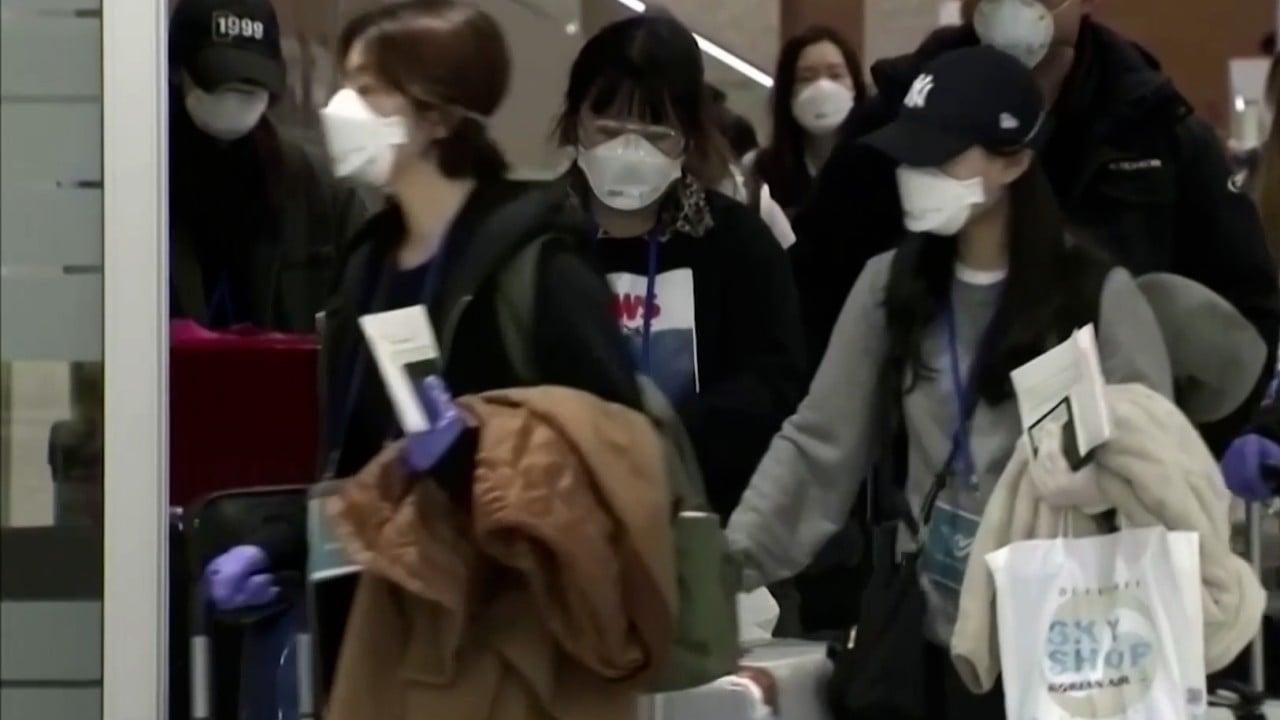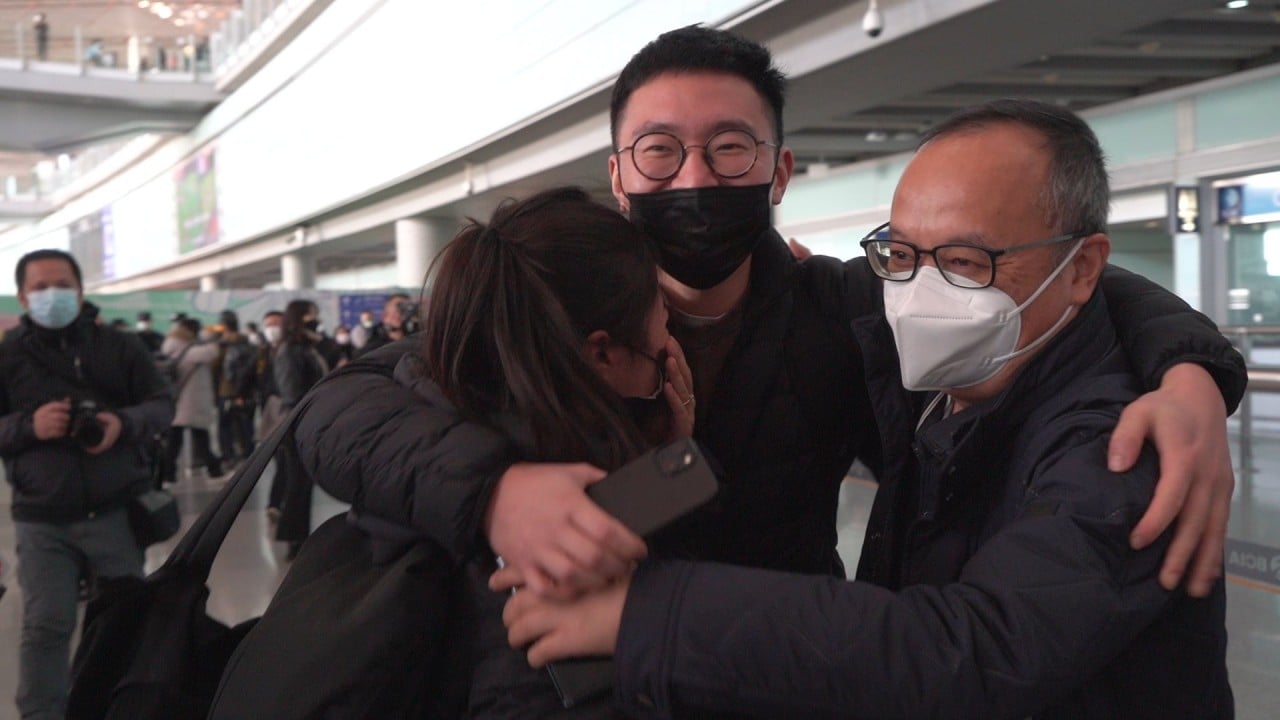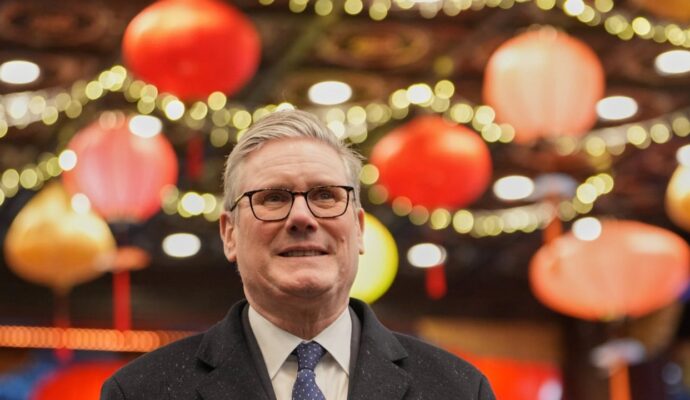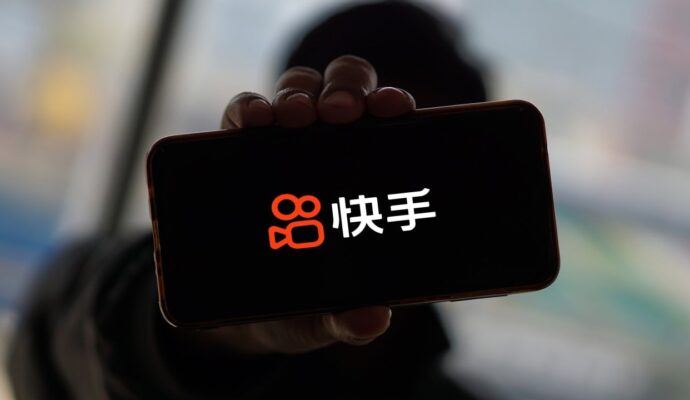
On Tuesday, Seoul announced that flights from Hong Kong and Macau would also only be permitted to land at Incheon, ruling out other destinations.
China’s announcement came after newly appointed Chinese Foreign Minister Qin Gang protested to his South Korean counterpart Park Jin about the travel restrictions in a phone call on Monday.
Qin expressed his concerns and urged Seoul to uphold an “objective and scientific attitude”, according to China’s foreign ministry – the first time that he, as foreign minister, has criticised any country over restrictions on Chinese travellers.
During a press briefing, South Korean foreign ministry spokesman Lim Su-seok said Seoul was “regretful” for China’s action, and said the South Korean government had conveyed its position to Beijing through diplomatic channels.
“The government’s measures to strengthen quarantine are based on scientific and objective grounds,” he said. “We will continue to communicate closely while conveying our government’s position to the Chinese side once again.”
A spokesperson for Korean Air, South Korea’s flag carrier, said of the visa suspension: “There are no further changes in our flight operations between Korea and China. We will continue to monitor the situation”.
Hana Tour, South Korea’s largest tourist agency, said the effects of the interruption would not be significantly different to China’s previous zero-Covid policy.
Last month, Seoul announced its new Covid-19 measures that restricted travellers from China entering South Korea from January 5, requiring negative PCR test results before and after the flight.
“We will prepare to take stronger measures in case the situation gets worse, if we see a rapid increase of infections from new arrivals or [the] appearance of new variants,” said South Korean Prime Minister Han Duck-soo on the measures.
On Monday’s call with Qin, Park said Seoul’s pandemic measures were based on “scientific evidence”.
During the call, Qin did not directly notify the Korean side of the upcoming visa ban, although he spent a “significant amount of time” complaining about the issue, according to a source familiar with the discussion.
According to the Korea Disease Control and Prevention Agency, the number of Chinese visitors confirmed with positive PCR test results after entering South Korea decreased from 31.4 per cent of total tests before the border measures to 12.6 per cent after the restrictions were in effect.
Some other nations, such as the United States and Japan, have imposed restrictions on Chinese travellers, citing concerns over the recent Covid-19 surge in China and the emergence of a new Covid variant.
China has warned it will take “reciprocal measures” to respond.
In addition to discussing Covid-19, Qin and Park agreed to increase communication and cooperation on global issues such as economic rehabilitation, according to a statement by the South Korean foreign ministry.
Additional reporting by Jun Mai



